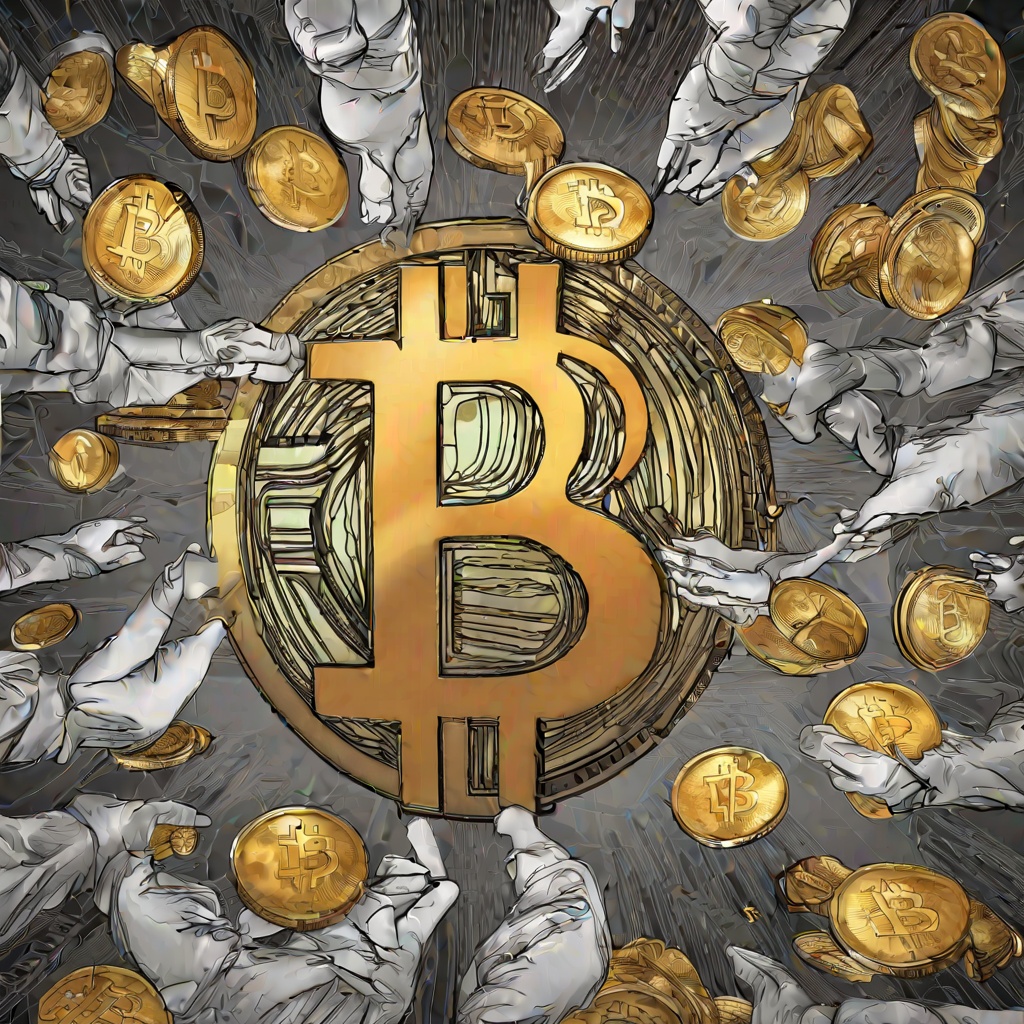How is cryptocurrency taxed in India?
Can you elaborate on the taxation of cryptocurrency in India? Are there any specific rules or guidelines that need to be followed? Are there any exemptions or deductions available? How is the income from cryptocurrency trading taxed? Is there a difference in taxation for holding cryptocurrency as an investment and trading it for profit? Also, how does the government keep track of cryptocurrency transactions and ensure compliance with tax laws?

How to buy crypto in India?
So, you're interested in buying cryptocurrency in India, huh? Well, let me ask you this - have you done your research on the different exchanges available in the country? Are you aware of the regulations surrounding crypto trading in India? It's important to understand these things before diving in. But, assuming you're ready to take the plunge, the process is relatively straightforward. You'll need to sign up for an exchange that operates in India, like WazirX or CoinDCX, and verify your identity. Once that's done, you can deposit Indian rupees into your account using a bank transfer or other payment method. Then, simply choose the cryptocurrency you want to buy, enter the amount you want to purchase, and execute the trade. It's that simple! But again, I can't stress enough the importance of doing your research and understanding the risks involved.

Which Crypto Wallet to use in India?
If you're wondering which crypto wallet to use in India, you're not alone. With so many options available, it can be overwhelming to choose the right one. But don't worry, we're here to help. When it comes to selecting a crypto wallet in India, there are a few factors to consider. Security is of utmost importance, as you want to ensure that your funds are SAFE and secure. User-friendliness is also key, as you want a wallet that's easy to navigate and understand. Some popular options for crypto wallets in India include hardware wallets, software wallets, and mobile wallets. Hardware wallets offer the highest level of security, as they store your private keys offline. However, they can be more expensive and less convenient to use than other types of wallets. Software wallets, on the other hand, are installed on your computer or laptop and can be accessed via a web browser. They offer a good balance of security and convenience, but it's important to ensure that your device is secure and that you're using a reputable wallet provider. Mobile wallets are the most convenient option, as they can be accessed on your smartphone. However, they may not offer the same level of security as hardware or software wallets. So, which crypto wallet should you choose in India? Ultimately, it depends on your individual needs and preferences. Consider factors such as security, user-friendliness, and convenience, and choose the wallet that best suits your needs. Remember, it's always a good idea to do your research and read reviews before selecting a wallet provider.

Where can I trade cryptocurrencies in India?
I don't understand this question. Could you please assist me in answering it?

What is the price of Gemini dollar in India?
Could you please provide me with an update on the current price of the Gemini dollar in India? I'm particularly interested in understanding how the value of this stablecoin has been fluctuating in the Indian market recently. Is there any significant difference in the price compared to other global markets? Also, what are the key factors that influence the price of Gemini dollar in India?

